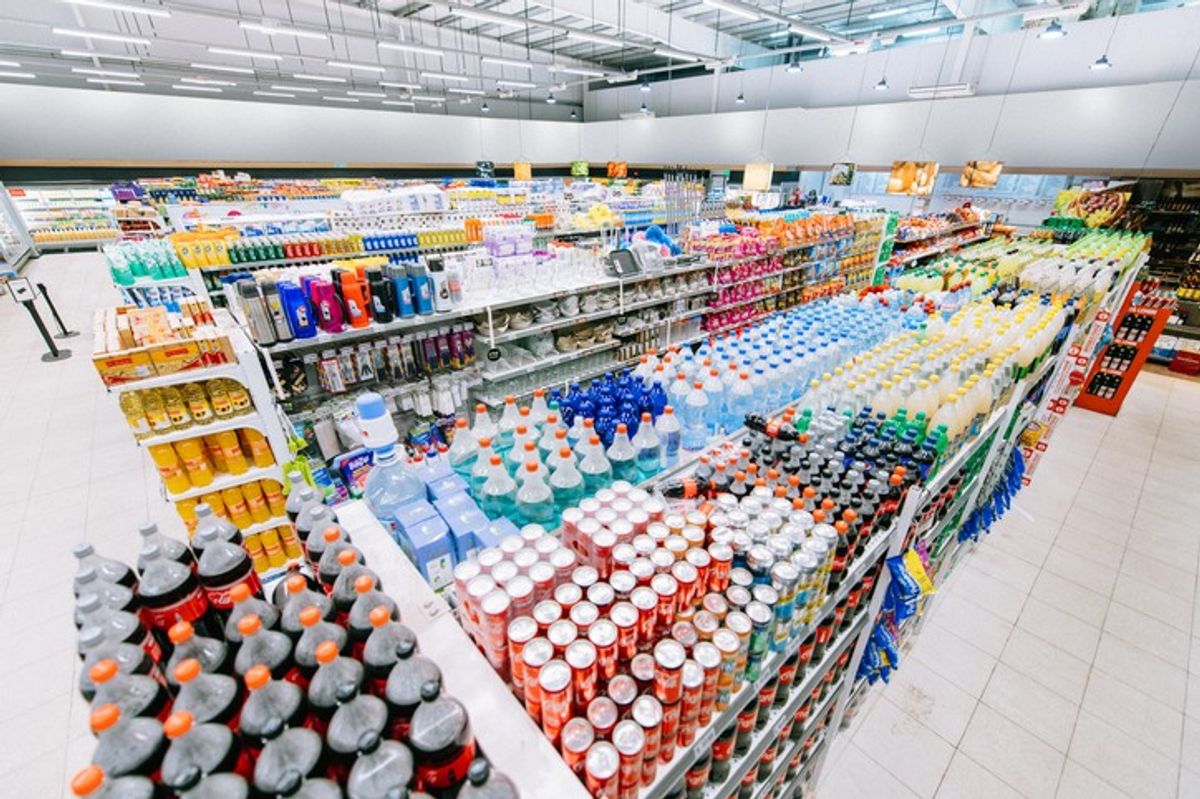Sales of high-end sparkling teas soared over Christmas as it replaced champagne during festive toasts, suggesting that tea is winning new loyal fans as a soft drink version with “wellbeing” powers as well as a headache-free alternative to booze.
Sparkling tea is fast becoming a staple of the “nolo” ranges of supermarkets and drinks specialists amid the annual “dry January” marketing blitz.
The Buckinghamshire-based drinks company Real says demand for its sparkling tea, which costs about £10 a bottle, is soaring, The Guardian reported.
Over Christmas, sales of its fizz, which includes green tea-based Dry Dragon and Peony Blush (from white peony tea), were 72 per cent and 60 per cent up on 2023 levels in Ocado and Waitrose respectively. The company is also behind the wine merchant Berry Bros & Rudd’s £17 sparkling tea, of which 1,600 bottles were sold over the holiday period.
Last year, Twinings entered the fray with its own canned sparkling tea aimed at health-conscious consumers. The cans are almost £2 each but feature in some supermarket “meal deals”.
Apart from alcohol range, sparkling tea has also started giving competition to cola and lemonade for the lunchtime trade in supermarket drinks chillers.
The market is also seeing a huge demand of bubble tea, kombucha and even energy drinks containing tea.
According to Polina Jones, a food and drink expert at the data company NIQ, Britons are not necessarily “falling out of love” with tea, they are just drinking it in a different way.
A recent poll by the research company Mintel suggested that less than half of the nation – 45 per cent of adults – drink standard breakfast tea at least once a day. The amount being bought by Britons has tumbled by almost a fifth since 2020, it says.
Research points to a big opportunity for non-alcoholic drinks that actually taste good. A Mintel poll conducted last year found 59 per cent of adults had limited their consumption in the past 12 months, or did not drink alcohol.
Alcohol moderation is now a “mainstream” trend, according to Mintel’s Kiti Soininen. She points to the presence of tannins in tea, which are also a crucial component in the flavour profile of many wines.
“The absence of that pleasingly ‘mouth-drying’ element of tannins can be a factor in why alcohol alternatives taste too thin or too sweet,” The Guardian quoted Soininen as saying.
However, sparkling tea faces the “same hurdle as other alcohol alternatives in justifying its price” as just over half of adults told Mintel that the price of “nolo” drinks puts them off.


